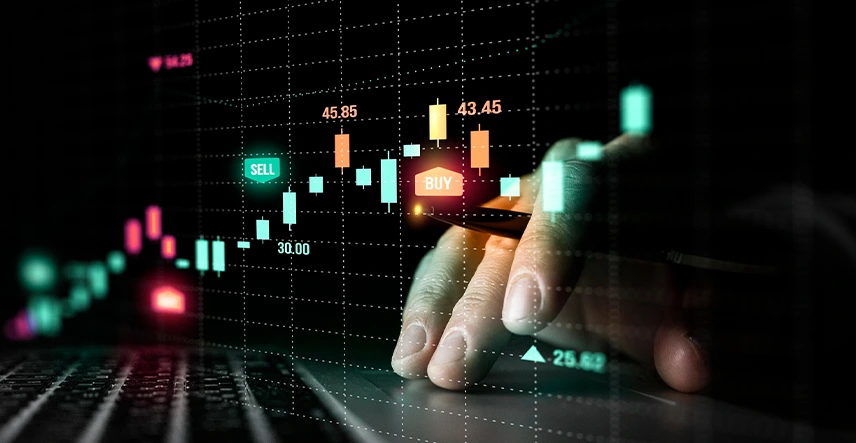
In the vast and volatile world of Forex trading, every trader’s journey is a unique saga filled with triumphs, setbacks, and invaluable lessons. The currency market, being the largest financial market globally, commands a daily trading volume exceeding $6 trillion as per the Bank for International Settlements. This immense marketplace offers unlimited opportunities but demands patience, skill, and, most importantly, insight from those who dare to navigate its waters. Herein lies a fresh perspective on forex market, drawn directly from the trenches of currency exchange.
Understanding the Forex Battlefield
Forex, or foreign exchange, involves trading one currency for another. It’s a decentralized global market that operates 24 hours a day, five days a week, making it accessible to traders around the globe. The allure of Forex lies in its high liquidity and the potential for profit from both rising and falling markets. However, this arena is not for the faint-hearted. It requires a keen understanding of economic indicators, geopolitical events, and market sentiment.
Economic Indicators and Their Impact
One of the first insights from the Forex trenches is the significant impact of economic indicators on currency values. Interest rate decisions, inflation reports, employment figures, and GDP growth are closely watched by traders. For instance, a higher-than-expected interest rate decision by a country’s central bank can lead to an appreciation of its currency. Conversely, disappointing employment figures can trigger a depreciation. Successful Forex traders keep a vigilant eye on these indicators, using them to predict future movements and strategize their trades accordingly.
The Role of Geopolitical Events
Another critical aspect of Forex trading is the influence of geopolitical events. Elections, trade agreements, conflicts, and sanctions can all cause substantial volatility in currency markets. For example, uncertainty about election results in a major economy can lead to currency fluctuations, as traders speculate on the policies of the incoming administration. Similarly, trade negotiations between countries can impact their respective currency values depending on the perceived outcomes. Navigating these events requires not only a good grasp of global politics but also an ability to anticipate market reactions.
Sentiment Analysis
Beyond the hard data, sentiment plays a crucial role in Forex trading. Market sentiment refers to the overall attitude of investors towards a particular currency or market. It is influenced by news headlines, economic data, and global events. Traders who can accurately gauge market sentiment often have an edge, as they can predict short-term movements based on the prevailing mood. Sentiment analysis involves monitoring financial news, social media, and analytical reports to get a sense of the market’s direction.
Risk Management
A pivotal lesson from the Forex trenches is the importance of risk management. Given the market’s unpredictability, protecting oneself from significant losses is essential. Effective risk management strategies include setting stop-loss orders, managing leverage wisely, and not putting all one’s capital into a single trade. Diversification across different currency pairs and adhering to a well-thought-out trading plan can also mitigate risks.
Concluding Thoughts
Forex trading offers a fascinating adventure into the world of currency exchange, promising rewards to those who approach it with diligence, education, and strategy. The insights shared here are but a glimpse into the complex dynamics that govern the Forex market. For aspiring traders, the key to success lies in continuous learning, practical experience, and an unyielding spirit to weather the storms of the currency exchange trenches. Remember, in the realm of Forex, knowledge is not just power—it’s profit.